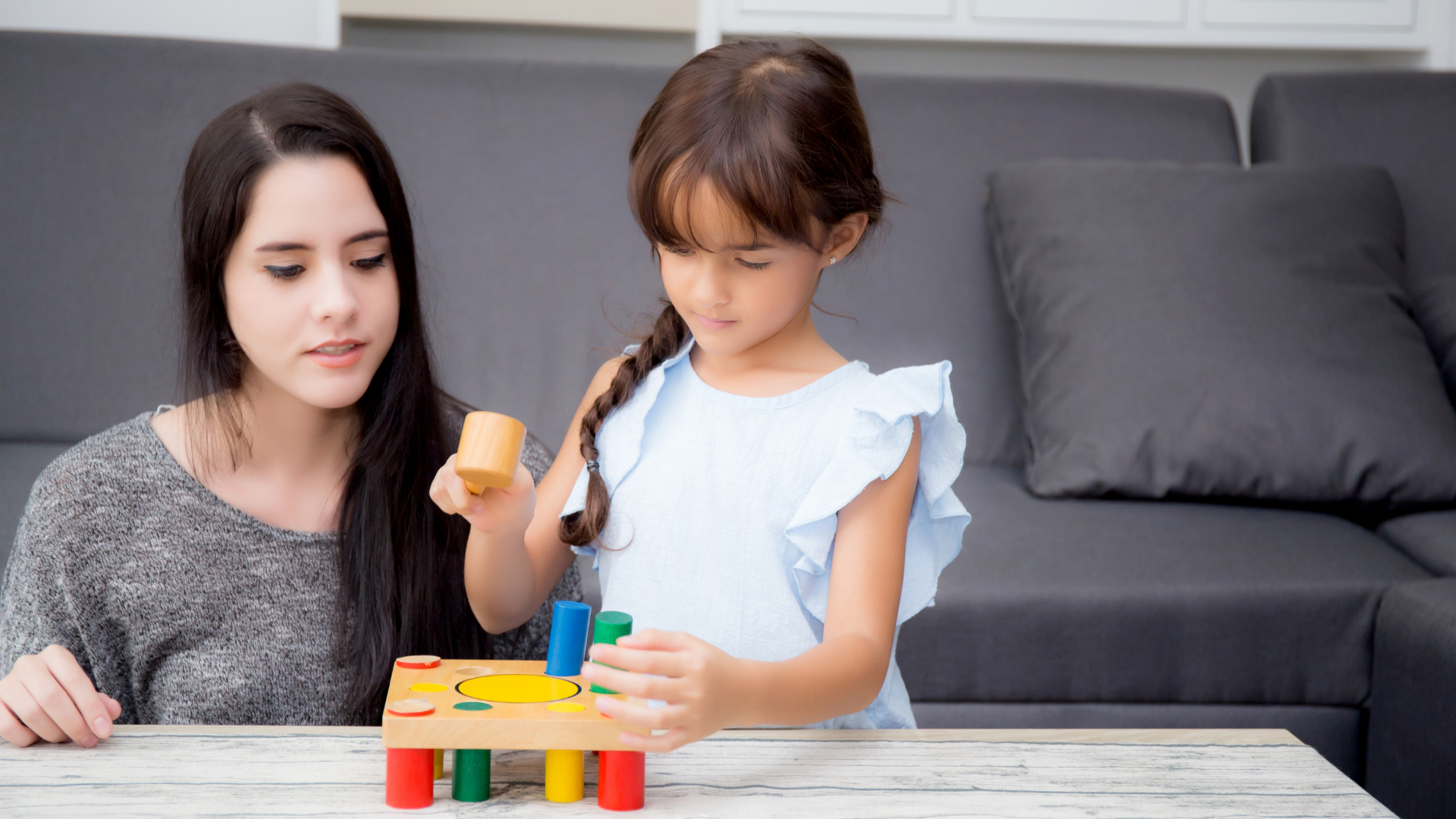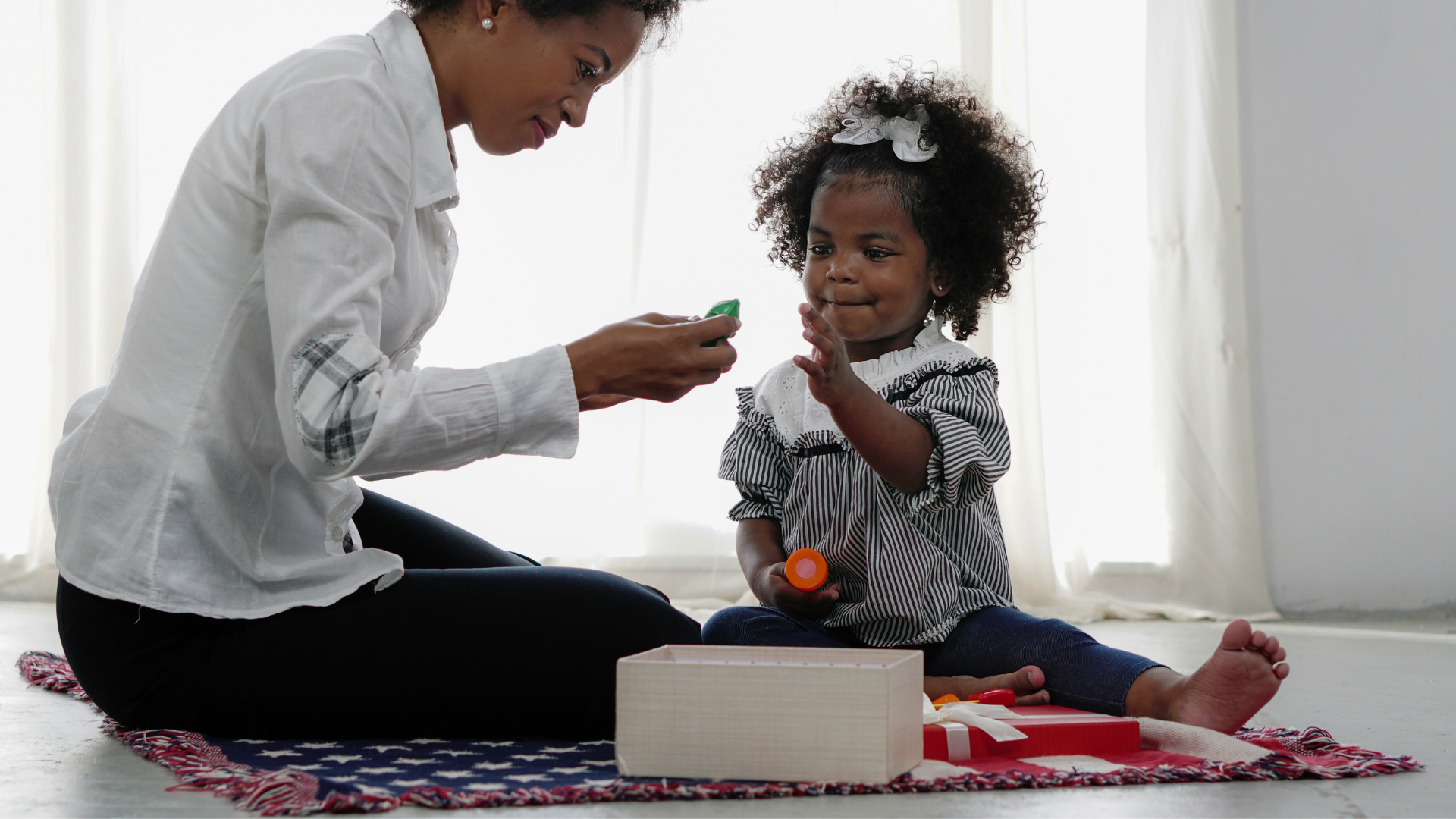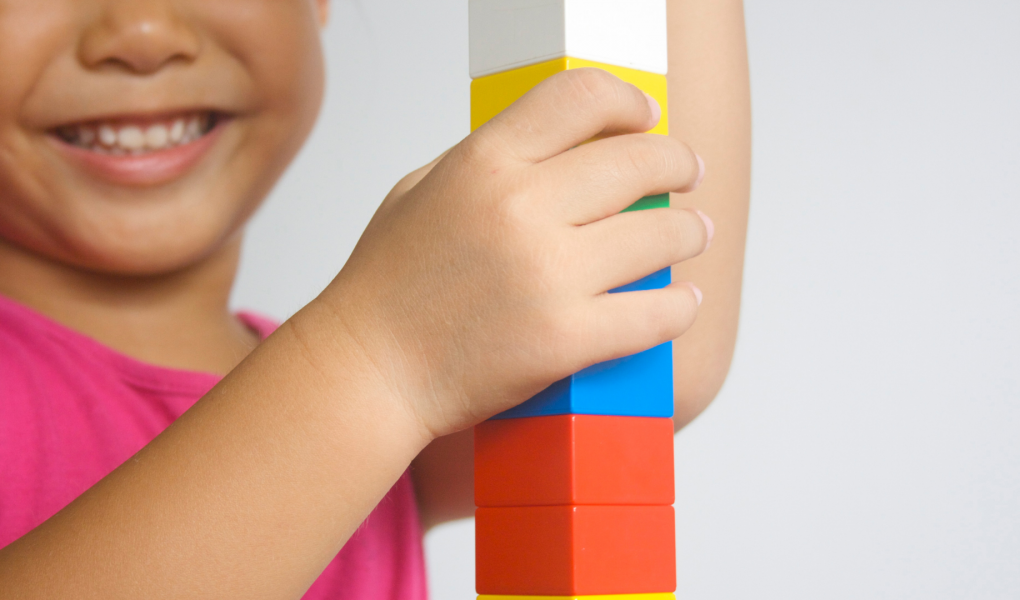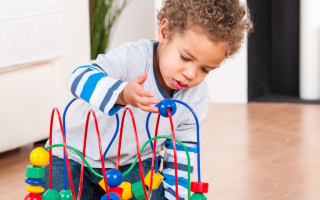Intelligence is often exhibited in very young children through their play. When children are playing, they are learning about the world around them and exploring their abilities. This is why it is important to watch how your child plays and what they are interested in.
What toys can measure intelligence?
Many different toys can help measure a child’s intelligence. One example is the stacking blocks toy. This toy is great for measuring hand-eye coordination, problem-solving skills, and dexterity.
Another popular toy that can be used to measure intelligence is the Rubik’s Cube. This puzzle cube is great for testing a child’s ability to think logically and to problem solve.
Some other toys that can be used to measure intelligence are:
- Legos
- Lincoln Logs
- K’NEX building sets
These toys help children develop their spatial skills, which is an important skill for problem-solving.
Intelligence is often judged by how quickly a child can learn new things. However, it is also important to look at how a child plays. A toddler who is lining up toys may not be doing so because they are bored, but instead because they are intelligent and have an understanding of patterns and order.

Why do children play with toys?
Playing with toys is an important part of a child’s development. Toys help children learn about their world, and they can also be a lot of fun. It’s important to choose toys that are appropriate for a child’s age and developmental stage.
Some toys are educational, while others are just for fun. It’s important to allow children to play with toys in their own way, and not to force them to use them in a certain way. Playing with toys can help children learn new skills, and it can also help them develop social skills. Toys can also provide a sense of security for children, and they can help promote creativity and imagination.
When selecting toys for a child, it’s essential to consider the child’s interests. If a child has a fascination with cars, it would be a good idea to choose a toy car for them. Similarly, if a child adores animals, opting for a stuffed animal would be a thoughtful choice. Parents and their children can conveniently explore and buy toys online at Luki Lab or similar online stores, all from the comfort of their own homes.
It’s also important to think about the age of the child. Some toys are appropriate for toddlers, while others are for older children. It’s essential to read the labels on toys to make sure that they are appropriate for a child’s age.

Autism and playing with toys
There is no right or wrong way for autistic children to play with toys. Some may prefer to play alone, while others may enjoy playing with others. Some children may be very creative in how they play with their toys, while others may use them more traditionally.
Each child should be allowed to explore their interests. Parents and caregivers should encourage autistic children to play with toys, but also allow them to explore other activities as well. This will help them learn and grow in their own unique way.
Toys that resonate well with autistic children often involve building blocks, dolls, cars, and trains. The appeal lies in their vibrant colors, intricate details, and interactive features that captivate young minds. Especially building blocks can provide a valuable avenue for imaginative play and creative expression for autistic children, boosting cognitive and motor skills while providing constructive activities. Additionally, toys that make noise or move can be especially fascinating for these children, offering sensory stimulation and encouraging exploration. By embracing the right selection of toys, caregivers and parents can create an enriching and enjoyable play environment that nurtures the unique interests and needs of children with autism.
It is important to allow autistic children to explore these interests and to not force them to play with toys that they are not interested in. This can help them develop a love for playing with toys and will allow them to explore their unique interests.
Autistic children often have a different way of looking at the world, and this can be seen in the way they play with toys. Owing to this very reason, autism therapy services often use play as a form of therapy, as it helps to teach children how to interact with others, develop communication skills, and understand the world around them. Play can also help autistic children to better regulate their emotions and behaviors. Parents and caregivers should embrace these differences so that their children can figure out for themselves what they like and don’t like. This will help them learn and grow in a healthy and positive way.
Is my child exhibiting autistic traits in their playing?
There are many benefits to playing with toys, as mentioned above, regardless of a child’s age or developmental stage. For children who are not on the autism spectrum, playing with toys is generally seen as a positive sign of development. While there may be some occasional exceptions, playing with toys is generally not an early sign that a child is autistic. Many children who are not on the autism spectrum enjoy playing with toys and benefit from doing so.
You can’t tell if your child is autistic just by looking at them play with their toys. If you suspect that they are autistic, you should pay close attention to their behavior. For instance, you might need to observe if they tend to have delayed language skills, delayed cognitive or learning skills, hyperactive, impulsive, inattentive behavior, repetitive behavior, and so on. In case you notice any of these signs, you might need to visit a doctor or a treatment center like Novel Biome to try out cures similar to fmt autism treatment.
Overall, playing with toys is a healthy activity for children of all ages and developmental stages. It can help them learn, grow, and connect with others. If you are not sure if your child is on the autism spectrum, and you are looking for signs your toddler is not autistic/is autistic, it is best to consult with a pediatrician or other healthcare professional so you can receive the correct diagnosis.




